
Sanctions-Stung China Refuses a Bilateral with the USA
Cold, bordering on the hostile, relations between the US and Chinese defense secretaries marked the Shangri-LA Dialogue, Asia’s biggest annual security conference, in Singapore. Mutual belligerence may have cost an opportunity to bring the Indo-Pacific issues to the talking table in Singapore.
Defense Secretary Lloyd Austin led the American team while new defense minister of China, Li Shangfu, headed his country’s delegation. The Americans wanted a bilateral meeting between the two ministers which the Chinese declined.
Analysts say the refusal was in part because Li has been sanctioned by Washington for his role in the purchase of military equipment from Moscow. Li, who was named defense minister in March, is under American sanctions that are part of a broad package of measures against Russia — but predate its invasion of Ukraine — that were imposed in 2018 over Li’s involvement in China’s purchase of combat aircraft and anti-aircraft missiles from Moscow. The sanctions, which broadly prevent Li from doing business in the United States, do not prevent him from holding official talks, American defense officials have said.
Over the course of the summit, Li and Austin didn’t speak with each other; they spoke at each other. As Foreign Policy quoted an analyst as saying, in dueling speeches, Austin summoned the usual Washington buzzwords—a “free and open Indo-Pacific”—and made the point that talks with China were necessary, not a bargaining chip. When Li’s turn came, he responded with familiar Beijing-speak, criticizing Western hypocrisy and Washington’s growing security partnerships in Asia.
But while China shut the United States out, it welcomed talks with Europe. EU foreign-policy chief Josep Borrell, German Defense Minister Boris Pistorius, and British Defense Secretary Ben Wallace all secured bilateral meetings with China’s Li. The Singapore summit underscored how the US-China relationship was different from that of Europe’s relationship with China, its biggest trading partner. But the question bothering the attendees is what is the substance of those differences, and will Beijing try to exploit them?
Secretary Austin launched the offensive saying Washington would not stand for any “coercion and bullying” of its allies and partners by China, while assuring Beijing that the United States remains committed to maintaining the status quo on Taiwan and would prefer dialogue over conflict.
Austin lobbied for support for Washington’s vision of a “free, open and secure Indo-Pacific within a world of rules and rights” as the best course to counter increasing Chinese assertiveness in the region.
The US is expanding its activities around the Indo-Pacific to counter sweeping territorial claims from China, including regularly sailing through and flying over the Taiwan Strait and in the South China Sea.
“We are committed to ensuring that every country can fly, sail and operate wherever international law allows,” he said at a forum on the sidelines of the summit, adding: “And every country, large or small, must remain free to conduct lawful maritime activities.”
He was most articulate on China and Taiwan and North Korea. He said the US is also committed to deterring North Korea’s missile threat and China’s claims on Taiwan, a self-governing island democracy that Beijing says is its territory, and said Washington has been stepping up defence planning, coordination and training with partner nations in the region. “To be clear, we do not seek conflict or confrontation,” he said. “But we will not flinch in the face of bullying or coercion.”
Under Austin’s words, a U.S. guided-missile destroyer and a Canadian frigate sailed through the Taiwan Strait, “waters where high-seas freedoms of navigation and overflight apply in accordance with international law,” the U.S. 7th Fleet said. There was no immediate word of a Chinese response.
The Chinese side lost no time in launching a counter-offensive. Chinese Lt Gen Jing Jianfeng, a senior member of the delegation accompanying Gen Li Shangfu, accused Austin of “overtly or covertly making false accusations against China” in his address.
The Chinese side lost no time in launching a counter-offensive. Chinese Lt Gen Jing Jianfeng, a senior member of the delegation accompanying Gen Li Shangfu, accused Austin of “overtly or covertly making false accusations against China” in his address.
Speaking with reporters after Austin spoke, Jing alleged the U.S. has been “deceiving and exploiting” Asia-Pacific nations to advance its own self-interests to preserve “its dominant position” in the region.
He suggested that Washington has been holding on to alliances that are “remnants of the Cold War” and establishing new pacts, like the AUKUS agreement with Britain and Australia and the “Quad” grouping with Australia, India and Japan “to divide the world into ideologically-driven camps and provoke confrontation.”
Another Chinese delegation member, Senior Colonel Zhao Xiaozhuo, said Washington should not tell China what to do. “What we do in the Chinese military is based on maintaining the core interests of China’s security, which is fundamental,” he told reporters.
China’s Lieutenant General Jing Jianfeng took particular issue with Austin’s references to Taiwan, according to the South China Morning Post (SCMP). “The US’s comments on Taiwan ignore the facts, distort the truth and are completely wrong,” Jing said on the sidelines of the summit, according to the SCMP. “First, there’s only one China in the world, and Taiwan is a sacred and inalienable part of Chinese territory,” Jing said.
The South China Morning Post reported that “Jing accused the US of hollowing out the one-China principle … by strengthening exchanges between US and Taiwanese officials, condoning Taiwanese separatist activities and selling more and more capable weapons to Taiwan”.
Al Jazeera pointed out in a report that the broad theme of Austin’s speech was keeping the Asia Pacific region “open – open to trade, open to freedom of movement”. Austin also warned that a conflict in the Taiwan Strait, should it happen, would have a devastating effect on the rest of the world, the paper said. Austin also said the US would continue to strengthen partnerships and alliances in the region by holding more military drills and ensuring partners had the capability to deter aggression, it reported.
On the question of what China made of Austin’s speech, the paper said: “We know that China views many of the US actions here as attempts to contain its influence and to encircle it, and this summit is taking place as US-China ties are becoming increasingly strained.”
Any meeting between Austin and Li would reassure other countries in the region. But that was not to be and the absence of a meeting may not change the security dynamic or the potential for instability.
Under President Xi Jinping’s leadership, China has grown more hawkish on the global stage, particularly in its historic claims over Taiwan and the South China Sea. The latter is a strategic waterway rich with resources such as oil and gas.
It has been a flashpoint in Asia-Pacific for at least the last decade as China has grown more assertive with its burgeoning economic clout bolstering its global influence. Brunei, Indonesia, Malaysia, the Philippines, Taiwan and Vietnam also have competing claims to parts of the waterway, a vital trade route.

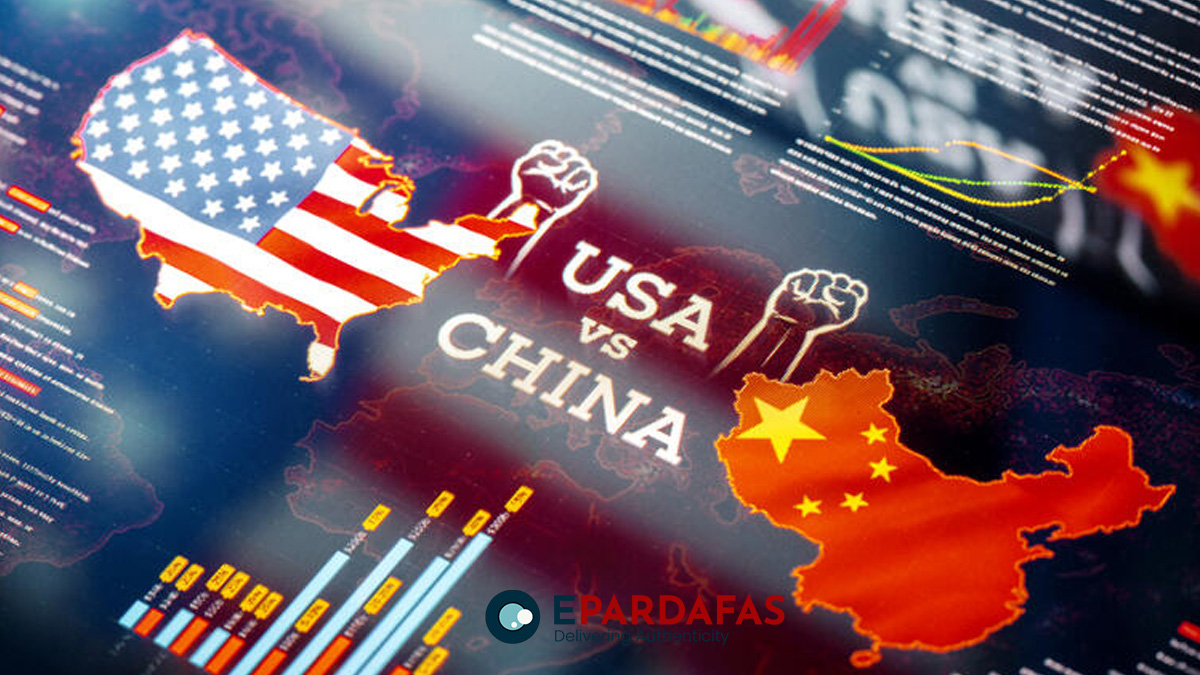
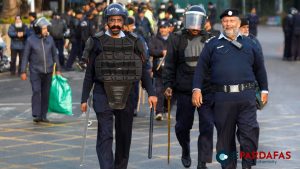
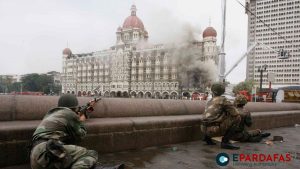

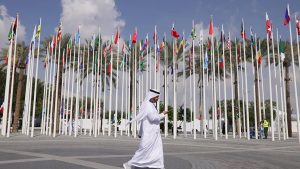

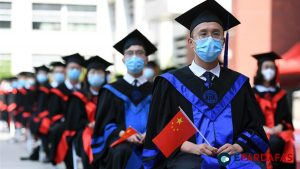





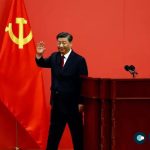
Comments